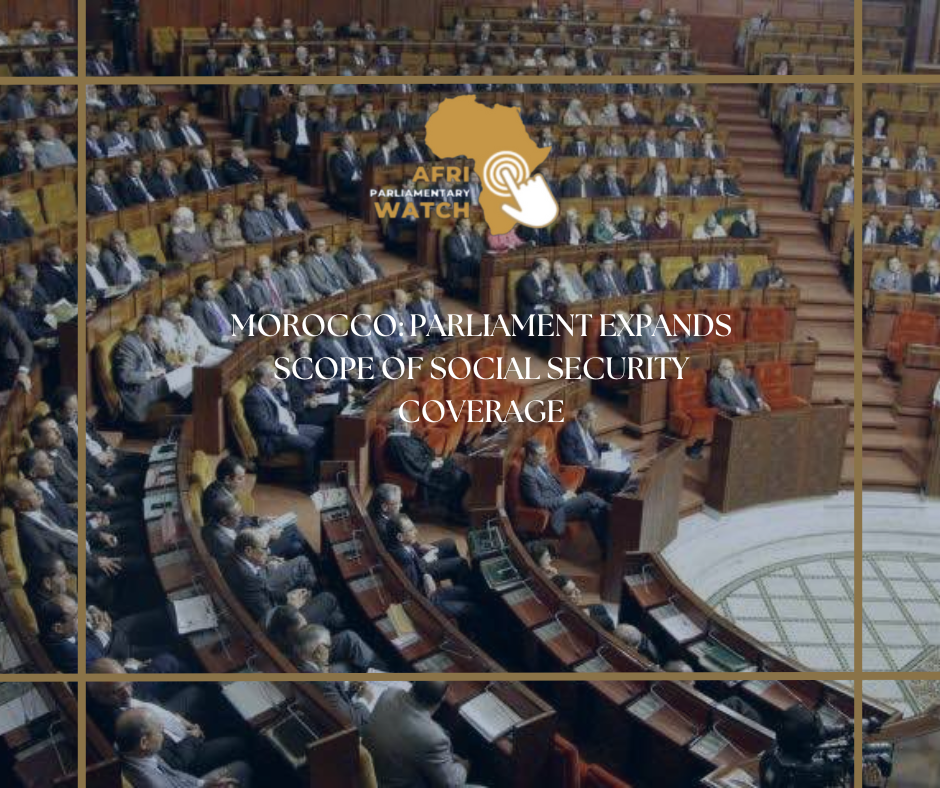In a legislative session held yesterday, Morocco’s House of Representatives passed Bill No. 21.24, which outlines new provisions for the compulsory basic health insurance scheme (AMO) targeting individuals who are capable of contributing but are not engaged in any paid or unpaid work. The bill was adopted with significant support, receiving 99 votes in favor and just one against.
Presenting the bill, Mustapha Baitas, the Moroccan Minister Delegate for Relations with Parliament and Government Spokesman, emphasized that the legislation is a key component of the royal initiative to broaden social protection. Baitas noted that the bill seeks to address challenges in extending medical coverage to all segments of society.
The legislation aims to ensure the continuity of services for those previously covered by the AMO scheme, particularly for individuals who are unable to pay contributions either due to non-enrollment or because they no longer meet the scheme’s requirements.
A notable provision of the law is the removal of the three-month waiting period established by Law No. 60.22 for individuals who are able to contribute but are not currently engaged in any activity. This exemption applies to those who were beneficiaries of the AMO scheme as of November 30.
Baitas also highlighted that the bill empowers administrations, local authorities, and public bodies to verify, through various means including electronic methods, that beneficiaries of the ‘AMO Achamil’ scheme are indeed paying their contributions to the CNSS.
Additionally, the legislation provides for the reimbursement of costs covered by the AMO for policyholders who were enrolled in the compulsory basic health insurance scheme for non-contributing individuals as of November 30, 2023. The bill also stipulates the creation of a regulatory framework to outline procedures for verifying the regularity of contributions, as detailed in Article 12 of Law No. 60.22.
This new law is part of a broader series of reforms aimed at achieving universal health coverage and strengthening Morocco’s social protection system. The government’s approach has received praise from various social and economic stakeholders for its potential to improve the living conditions of citizens, particularly the most vulnerable.
The overwhelming parliamentary support for the bill reflects a broad consensus on the importance of universal health coverage and a strong political commitment to implementing reforms that ensure equitable access to healthcare for all Moroccan citizens.





